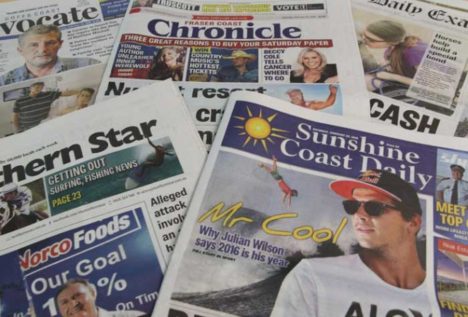Simplicity is key: An exile’s look at PR in Australia
Katie Clift looks back at Australia’s PR industry with the realisation that there’s something missing. That something is simplicity.
About five months ago I packed up my little PR bags and made a big move. This Aussie, who spent over a decade working endless hours building a career in media, public relations and broadcast, is now living and working in Athens.
Not only have I gained a slight obsession with spanakopita and saganáki, but I’ve also had the opportunity to look back, now as an outsider, on how PR operates in Australia.
And I’ve come to one main conclusion. Put simply? I think we tend to over complicate.


